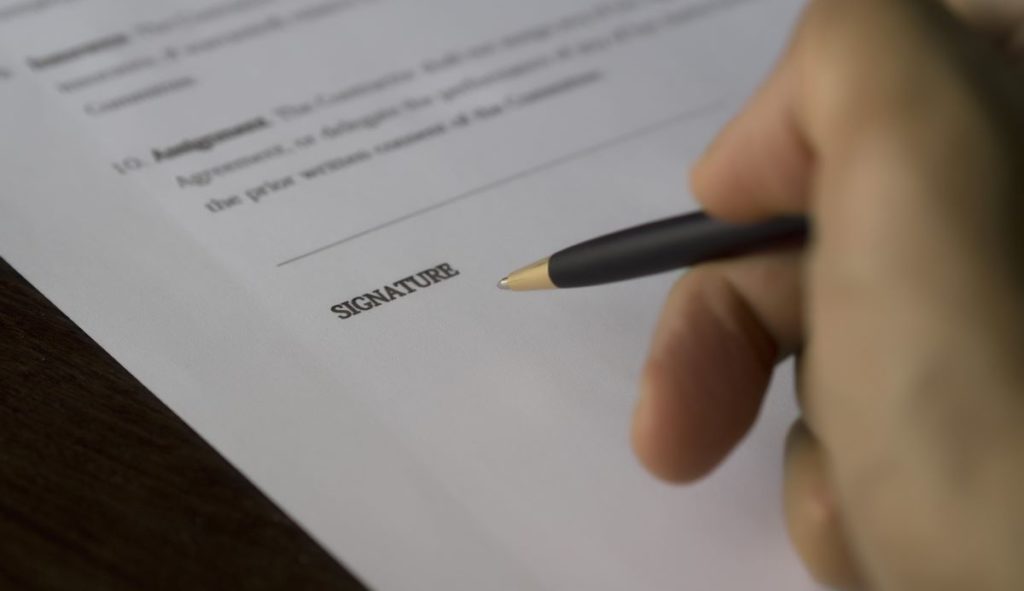Featured image from Pixabay on Pexels
It’s easy to get a personal loan, whether for running your business or for personal reasons. However, perhaps you have experienced problems with accrued interest and penalties with such a loan because of delayed payments. In a situation like this, it might be possible to refinance your personal loan.
RELATED ARTICLE: 7 THINGS THAT COULD STOP YOU FROM STARTING A BUSINESS
What Does It Mean to Refinance a Personal Loan?
Sometimes, the lender agrees to adjust their original agreement with the borrower to minimize the interest rate or reduce the amount of the loan payments.
At other times, personal loan refinancing means the credit institution provides funds to repay the borrower’s obligations to another establishment. When this is the case, two or more credit agreements are combined into one contract.
Then the borrower has a good opportunity to repay the funds because the payments are lower. As a result, the client avoids more debt, the risk of poor credit history, unpleasant communications with collectors, and penalties.
Refinancing Can Mean a Fresh Start with Your Credit
Thus, refinancing problematic personal loans can reduce lenders’ risk, although it also increases the length of the repayment period. For the borrower, refinancing means a good opportunity to get rid of debt with minimal losses. Sometimes, the lender might even offer the borrower a lower interest rate on the new loan as compared with the old one.
All the same, the borrower must carefully analyze his or her options for repayment. If you as the borrower should fail to pay off the new loan, you will harm your chances of obtaining another loan. Additionally, your credit score could be damaged.
When Should You Refinance a Personal Loan?
You should only refinance a short-term personal loan if you’re having problems with making payments on that loan. Additionally, you should only agree to refinancing your loan if you can be sure the new loan will be better for your situation.
You won’t necessarily have to have good credit history to apply. However, some banking institutions will agree to refinancing the loan in question only if you have repaid your other obligations in a timely fashion. They might also require a payroll stub or other proof of your income.
What Should You Consider When Choosing a Lender?
Banks don’t usually advertise their willingness or lack thereof to refinance personal loans. This is chiefly because personal loans are generally issued for small sums. It simply makes more sense for the bank’s employees to devote time to clients who wish to borrow larger amounts. After all, each loan requires the bank’s employees about the same amount of time to process.
What’s more, the bank’s owners reason that people who apply for refinancing a personal loan today are more likely to be insolvent tomorrow. They might even assume that such borrowers already have poor credit.
Therefore, you might want to consider applying for a consumer loan instead of a bank loan.
Don’t Take Out a New Loan Just to Make Payments on the Old One
Whatever you do, don’t take out a new loan that is just like your old one just so you can “catch up” with the old one. If you do, you might stay afloat for a month or two. However, over time, the two weights will become a real burden. Instead, look for a solution that will allow you to refinance your loan and get better terms.
What Will You Need to Do to Refinance a Personal Loan?
Here is what you’ll need to do:
File an Applicaton
Financial institutions accept applications these days not only in their offices but also on their websites. Then, the lender’s loan officers will study your application and let you know of their decision.
Provide Copies of Loan Agreements
After the lender has accepted your application, they usually request copies of certain documents. You can take them to their office, or you can scan them and send them by email.
Analyze the Features of the New Loan
If the lender approves your application, they will let you know the amount of the monthly payment, the schedule, and the length of the repayment period. Their analysis can take up to three days.
Sign the Contract
After carefully studying the terms, you can either agree to or decline the loan. If you agree to the loan, sign the contract and return it to the lender.
Your new creditor will then repay your previous lender, and you will receive written confirmation.
Is It Ever a Bad Idea to Refinance?
If you have a very poor credit history, you will be much less likely to be approved for refinancing. What’s more, it simply doesn’t make sense to try to refinance your personal loan if you’re just going to get another loan with the same terms.
Therefore, carefully consider your options before you apply. Try to obtain a lower interest rate and a longer term of repayment. Then work with your new creditor to develop a plan for debt repayment and rigorously adhere to it.

